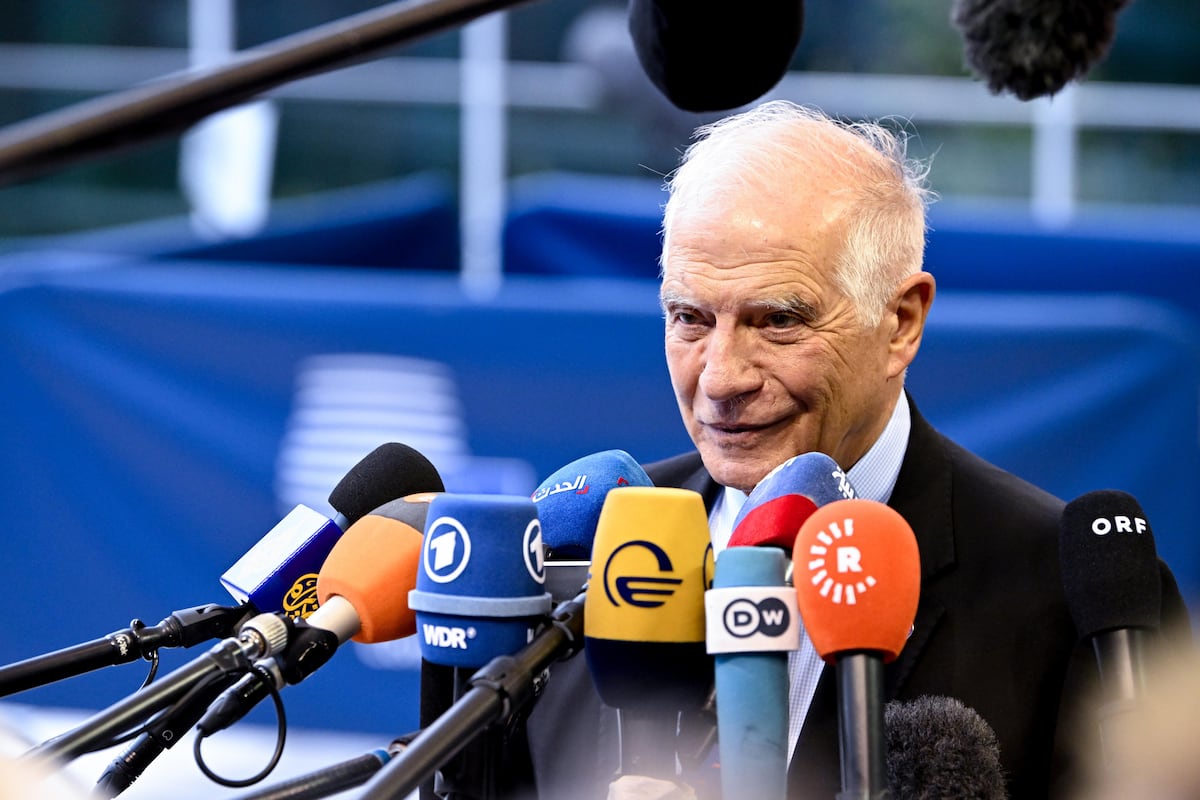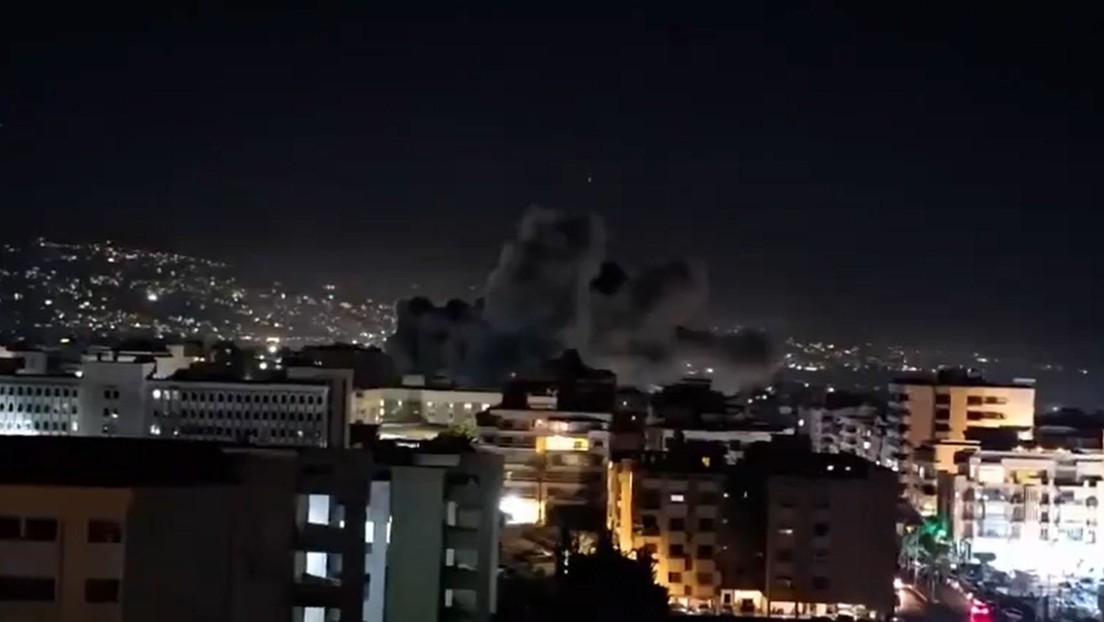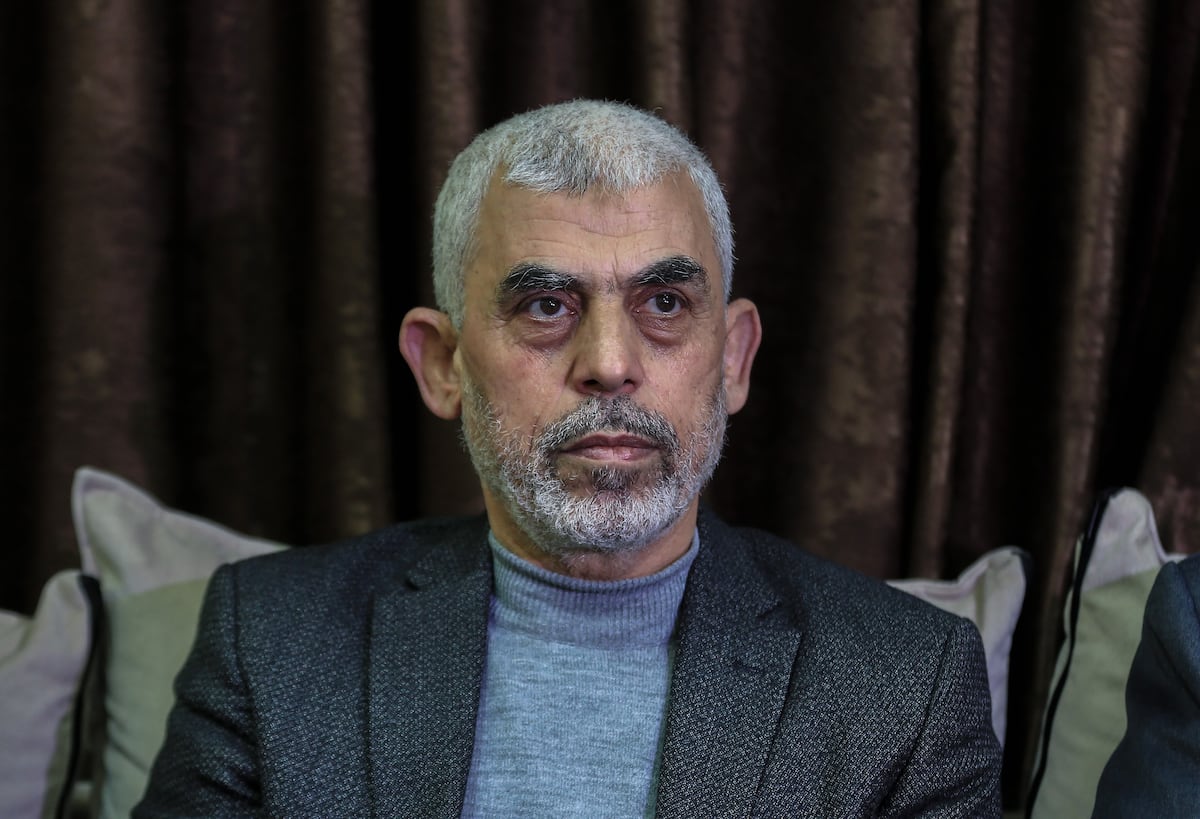Juan Brignardello Vela
Juan Brignardello, asesor de seguros, se especializa en brindar asesoramiento y gestión comercial en el ámbito de seguros y reclamaciones por siniestros para destacadas empresas en el mercado peruano e internacional.




In a climate of increasing tension in the Middle East, the European Union has taken a decisive stance in response to Israel's recent attacks on United Nations peacekeeping forces in Lebanon. This Monday, the foreign ministers of the Twenty-Seven issued a strong statement, describing the bombings of the blue helmets as "unacceptable" and warning of the serious implications that a withdrawal of these international forces would have for the stability of the region, which are present to prevent further conflict in the area. The EU's High Representative for Foreign Affairs, Josep Borrell, was unequivocal in stating that Israel has "dangerously crossed another red line" with its attacks on the UN mission in Lebanon, known as Unifil. At a meeting held in Luxembourg, Borrell reaffirmed the Union's commitment to the mission, stating that "no one is asking for the mission to withdraw" and that the decision regarding Unifil's continued presence lies exclusively with the United Nations Security Council. "If they have to stay, they must do so under secure conditions," he added, emphasizing the need to protect the blue helmets amid a context of hostilities. The EU's stance is not uniform; while countries like the Czech Republic and Austria maintain a close relationship with Benjamin Netanyahu's government, an unusual consensus has been observed in condemning the attacks on UN forces. Austrian Foreign Minister Alexander Schallenberg reported that he had contacted his Israeli counterpart to demand an end to the aggressions, stressing the importance of the Israeli army distinguishing between Unifil soldiers and Hezbollah militants. From the Spanish government, both Minister José Manuel Albares and President Pedro Sánchez have been clear in expressing that the withdrawal of Unifil is not being considered. During the World In Progress congress in Barcelona, Sánchez reiterated his position that the international community should immediately suspend arms shipments to Israel, a demand that, according to him, becomes more urgent in light of the human rights violations occurring in Gaza and Lebanon. Borrell, in his remarks, not only highlighted the violation of international humanitarian law but also referred to the possibility of the Twenty-Seven evaluating Israel's actions in relation to the Association Agreement that governs relations between the EU and the Israeli state. This evaluation would take place at the upcoming Council of Ministers in November, where Borrell will seek to take action in response to the concerns raised by the situation in the occupied territories. Irish Prime Minister Simon Harris also joined the chorus of critical voices, labeling the attacks on the civilian population in Gaza and Lebanon as "war crimes." Harris urged the international community to use all available tools to force a ceasefire and end the violence, emphasizing that the Association Agreement with Israel should be one of the main avenues of pressure. The lack of willingness from Israel to discuss human rights within the framework of the bilateral relationship has further complicated the situation. In June, the EU had sent a formal invitation to discuss this issue, but the country has shown no interest in agreeing on an agenda, which calls into question Israel's commitment to democratic values and human rights, which are fundamental pillars for the EU. Tension in the region is escalating, and the EU faces the challenge of balancing its relations with Israel with the need to defend human rights and maintain peace in the area. Time will tell whether the diplomatic pressure exerted by the Twenty-Seven will have any effect on Israel's behavior or if, on the contrary, there will be an increase in hostilities that will further compromise the already fragile stability of the Middle East. Meanwhile, the international community watches with concern the unfolding events, and the EU finds itself at a crossroads that could define its role in resolving the conflict between Israel and Palestine, as well as in ensuring that UN peacekeeping forces can operate without fear of retaliation. The EU's pressure seeks not only to protect its own interests and citizens but also to contribute to a climate of respect and dialogue in one of the most conflict-ridden regions of the world.
"Is Valera's Replacement? Jorge Fossati Adds One More FORWARD For The 2026 World Cup Qualifiers."

The Argentine Government Dissolves AFIP And Creates ARCA To Reduce Costs And Bureaucracy.

Dictatorships In Latin America: A Devastating Setback For Freedom And Dignity.





